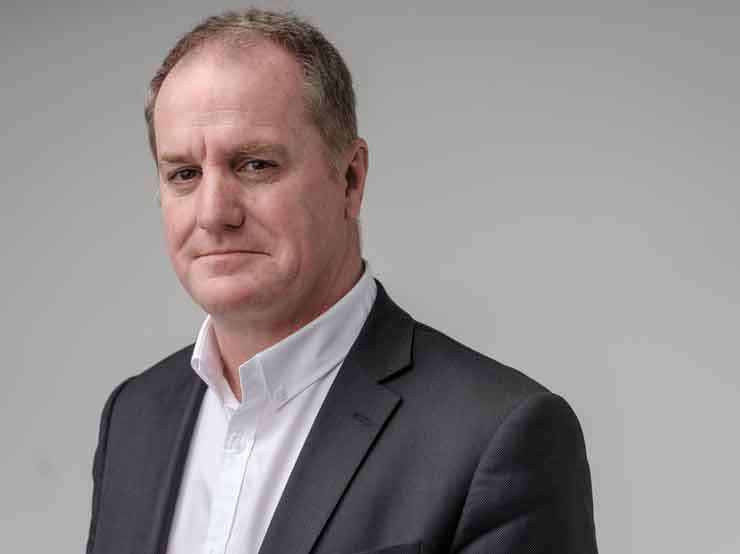COMMENT: If you’re familiar with the original Star Wars movie (which is now actually the fourth movie in the series but let’s not confuse non-fans with that detail), you’ll know the scene in which Luke Skywalker fires a missile into a vent on the Death Star and manages to blow up the entire station. It’s a feat which extols the value of timing as getting the shot wrong by just a split second, either way, would have meant Luke would have failed in his mission.
That scene impresses us because we instinctively recognise how hard it can be to get timing, in anything, exactly right – something which is as true in the property market as it is in any other field of endeavour.
Over the years in which I’ve been writing and commentating about property there are a handful of timing questions which come up so regularly that they form a hardcore of queries that I’ve come to expect from an audience, regardless of the forum. They include “Is the market about to crash?”; “What’s going to happen to interest rates?”; and “Should I buy now, or wait?”.
It’s this last question, in particular, to which I want to turn my attention because it’s the one which, in my opinion, has led to behaviour which has done the most damage to the home-buying prospects of so many young Kiwis.
Start your property search
The question is most often posed at times when the market is flat, or falling, and is predicated on the assumption that prices might fall further and that, therefore, there might be wisdom in waiting until prices have “bottomed out”.

Ashley Church: "I certainly wouldn’t claim to be able to pick the exact timing of the bottom of the market." Photo / Ted Baghurst
But as smart as that approach might sound, it’s almost always a fool’s errand and my response is always the same. If you’re in a position to buy now – buy now.
There are three reasons for this:
1. The medium-term trajectory of the market is always upward
If you’ve read my columns and listened to my commentary over the last few years, you’ll know that I talk a lot about the history of the property market and that I’m a very strong advocate of understanding the data. In the case of the Kiwi property market that data tells us that, while prices can move around a little at any given point in time, their general direction is up. In fact, over the last few weeks I’ve been talking about the results of recent research in which I’ve now confirmed that, between 1982 and 2011, the average growth rate of house prices over any ten year period was almost exactly 100% when averaged out across the entire thirty year period. That rate of growth was slower leading up to 2021, and it actually took house prices an average of twelve years, rather than ten, to double over that time – but the long term trend is still in the same direction. Against this trend, a small loss is irrelevant against the long term average.
2. Picking the bottom of the market is almost impossible
I’ve been investing in residential property for a long time and have a pretty good idea of how the market behaves, but I certainly wouldn’t claim to be able to pick the exact timing of the bottom of the market. Nor would most other seasoned investors, so how young first time buyers think that they’re going to be able to do so is beyond me. In my experience, those who think that they’ll be able to do this inevitably miss the mark, and either miss their opportunity to buy, or buy after the market turns and end up paying a lot more than they needed to.
3. Any gains are an illusion in the current interest environment
Let me explain. Let’s say you were looking at a house that would have cost you $800,000 to purchase in January of this year when you could still get a mortgage at a one year fixed rate of around 2.25%. After paying a 20% deposit you’d have been left with a mortgage of $640,000 and monthly repayments of $2,878. If you bought that same house today it might have dropped in price by 5% to, say, $760,000. After paying a deposit of 20% you’d have a mortgage of $608,000. Assuming you fixed your interest rate for 2 years, at 5.39%, you’d have monthly repayments of around $3767. This means that, over a year, you’d be paying almost $11,000 more in interest – or almost $55,000 more over the next five years assuming rates didn’t go up any further. In other words, any gain you think you have made by waiting has been more than wiped out by higher interest rates.
If you’re in a position to buy now – buy now.
- Ashley Church is a property commentator for OneRoof.co.nz. Email him at ashley@nzemail.com


















































































